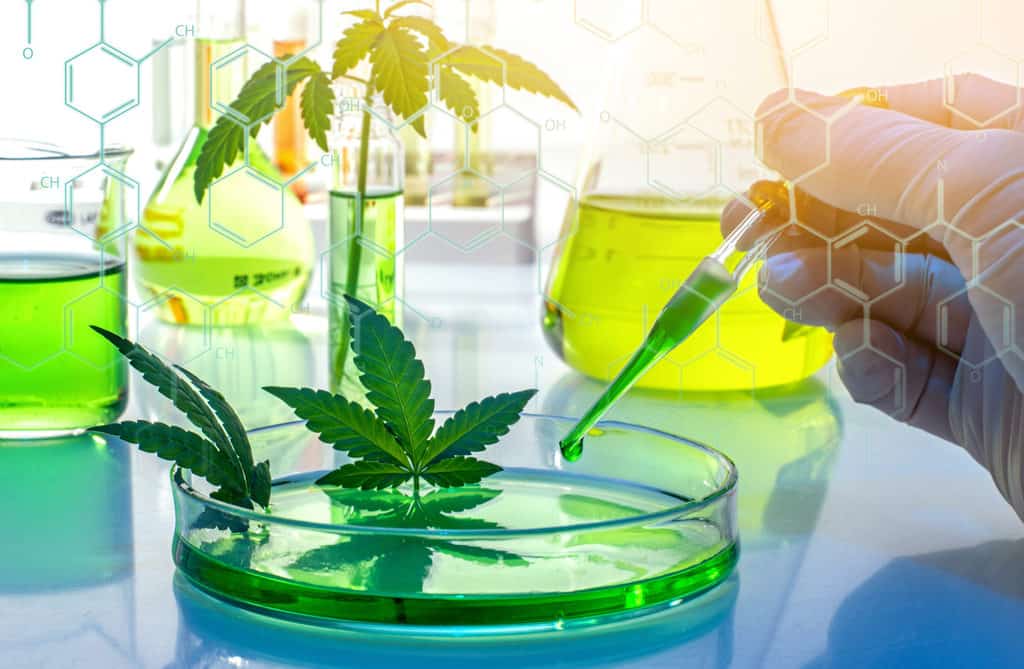
The ongoing studies on CBD and cancer are honing in on two big questions. First up, can CBD put the brakes on cancer growth? Second, can it be a superhero in easing some of the not-so-great side effects of cancer and its conventional treatment, like pain, nausea, and anxiety?
CBD has the potential to be used as an anti-inflammatory for skin conditions, with anti-cancer effects. Skin inflammation often leads to an increased risk of skin cancer due to increased pro-inflammatory cytokines and activation cascades, amongst other factors. Studies have confirmed this by showing inflammatory cytokines, proteases, and chemokines to be involved in the survival and invasion of skin cancer cells. CBD has been shown to combat this and produce anti-inflammatory effects, acting as a protective agent in neuroinflammatory disorders, making them an excellent candidate for skin cancer treatment.
A 2014 study looked at experimental models of colon cancer in vivo and suggested that CBD may inhibit colorectal cancer cell proliferation, and it had no effect on healthy cells. Similarly, a 2019 study showed CBD induces apoptosis by regulating various anti and pro-apoptotic proteins, decreasing overall tumour volume.
In females, breast cancer is a leading cause of death and the most common cancer worldwide. CBD has been shown to have a modulatory effect on breast cancer cells by involving themselves in receptor-dependent and independent regulation of invasion and proliferation, both crucial hallmarks of cancer growth. In particular, CBD was shown to ultimately result in activation of the intrinsic apoptotic pathway present in breast cancer cells, leading to cell death.
The 2011 study also outlined CBD’s role in the generation of reactive oxygen species (ROS). This process is crucial since ROS inhibition blocks the activation of autophagy and apoptosis, meaning damaged cells can be cleared out, and cell death can occur in diseased cells.
Lung cancer is another cancer with a high prevalence and mortality rate worldwide. 90% of lung cancers can be attributed to nicotine, amongst other factors, such as exposure to chemical agents or radiation. A recent study showed the expression levels of cannabinoid receptors to be a potential marker of survival in patients with non-small cell lung cancer. CBD was also able to inhibit the expression and growth of epidermal growth factor receptors in lung cancer cells.
Subscribe to get the latest posts sent to your email.

Copyright © 2025 My Way CBD - All Rights Reserved.




Demo Description
Introducing your First Popup.
Customize text and design to perfectly suit your needs and preferences.
This will close in 20 seconds
We are currently experiencing issues with our payment provider, please try again later.
This will close in 20 seconds
Click below to chat on WhatsApp